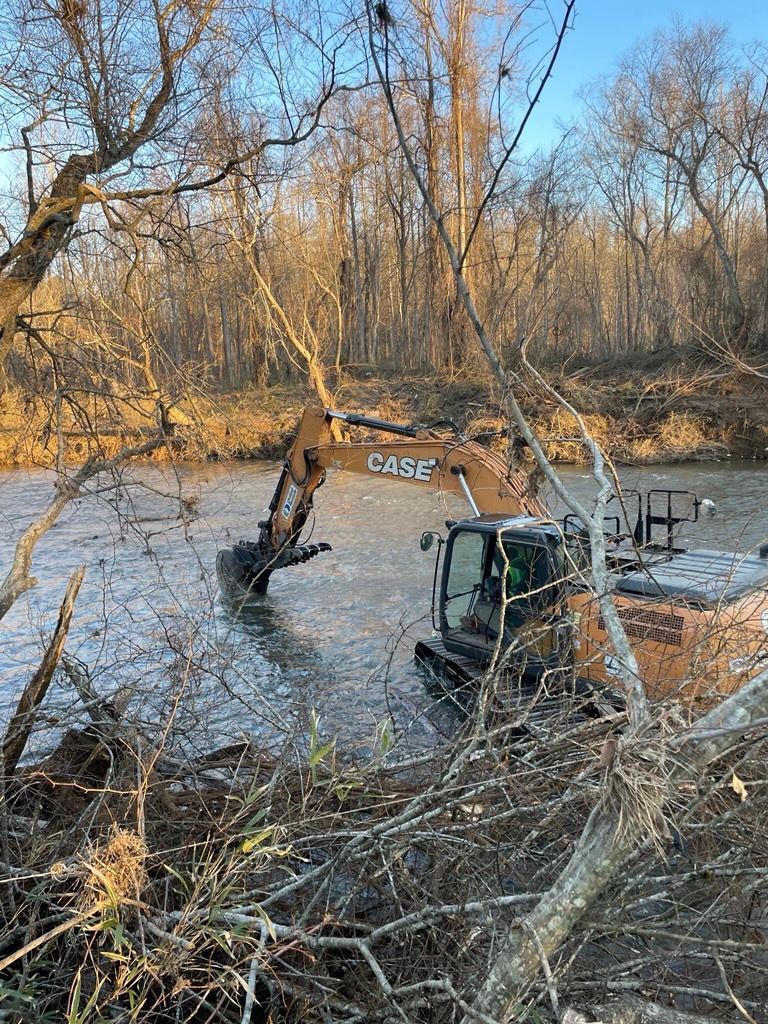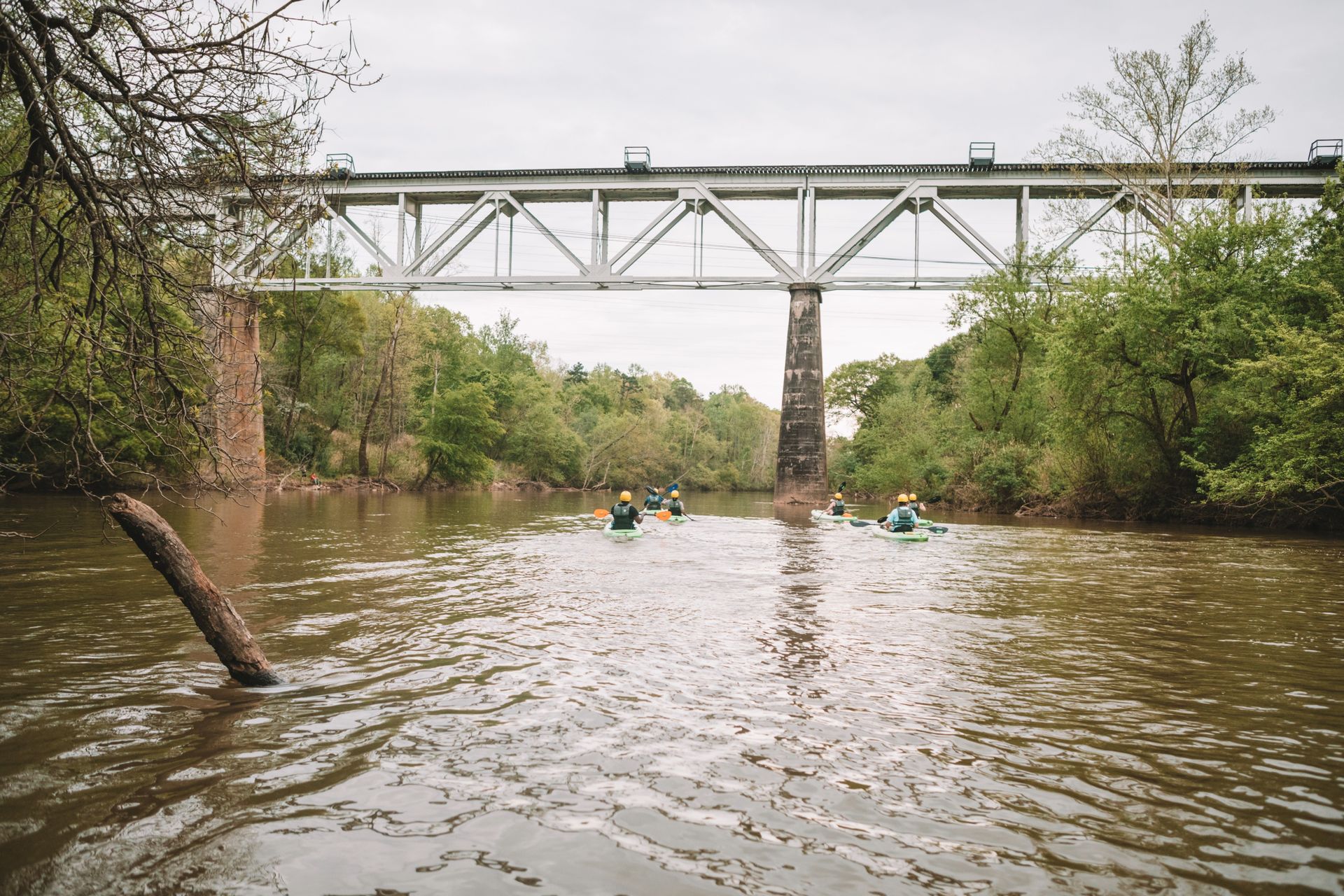10 Things You Can Do with the new and improved Catawba Riverkeeper app!

Catawba Riverkeeper is proud to announce the launch of our new and improved app. Our app is now available for FREE for both iPhone and Android.
10 Things You Can Do with the Catawba Riverkeeper App
If you’re out and about and see a bunch of trash or something that looks concerning, you can report it to the Riverkeeper immediately. With the app, you can enter information about the trash or pollution you see. You can even send Catawba Riverkeeper GPS coordinates with the push of a button. By reporting trash and pollution, you’re acting as eyes for the Riverkeeper and a voice for the River.
You’ll definitely want to download the app before summer starts so that you know which popular swimming areas met bacteria standards and which areas to avoid. Catawba Riverkeeper tests about 60 sites each week. Results are posted on Fridays so that you can make good decisions about weekend swimming.
Does the lake seem high or low to you? Find out with one tap. Our app links you to Duke Energy’s lake levels page. You’ll always know if the lake is at, above, or below “full pond.”
This one’s for the paddlers and the tubers! You can plan your trip around Duke Energy’s recreational releases. Never be surprised by the flow of the river again.
Catawba Riverkeeper will offer a variety of kayak opportunities starting in May. Here you’ll find out where and how you can rent a kayak or book a half-day trip.
Want to support Catawba Riverkeeper’s mission to protect our waterways. You can give through the app. Every dollar gets us closer to our vision of clean, plentiful water for all.
The app can connect you to general volunteer information and to the volunteer interest form. Completing the volunteer interest form helps us get to know you better and automatically puts you on our volunteer email list.
Not just for map Geeks! You can see the major waterways of our basin, permitted wastewater discharges, drinking water intakes, recreation access areas, and more! You can even find your state representatives.
See a buffer violation? Is an active construction site not following the required sedimentation measures? Report your concern to the proper authority. Our guide helps you figure out who to contact.
We’ve got t-shirts, sweatshirts, hats, stickers, bracelets, and more in our online store. All of our apparel is made by local company, Recover Brands, who uses recycled materials to make their super soft shirts.
You can use the app as a guest, but we encourage you to make a profile. With a profile, you’ll get notifications tailored to you.
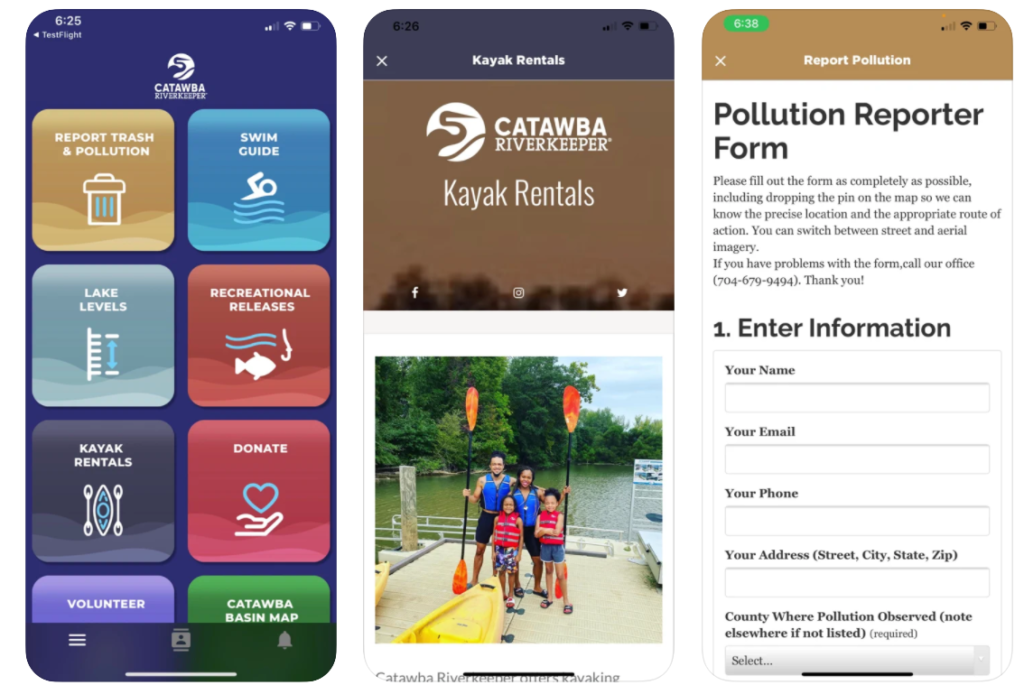
How to get the app on your smart phone or tablet:
Search “Catawba Riverkeeper” in your app store or click on either icon below.

